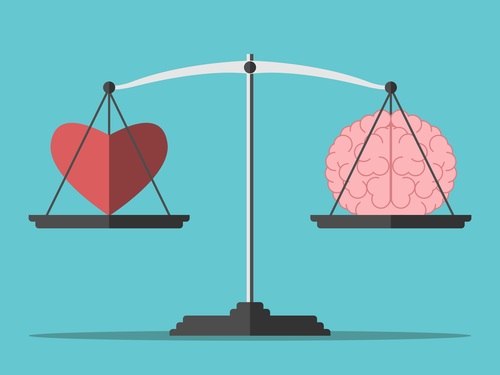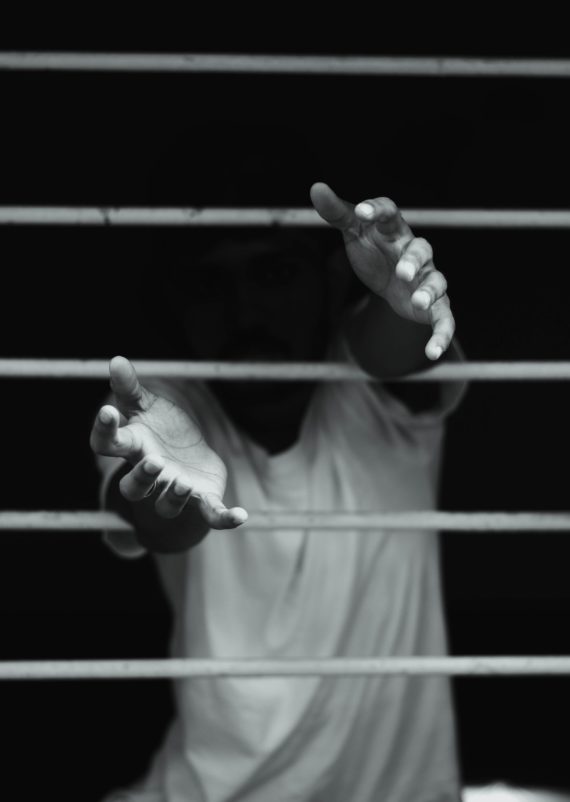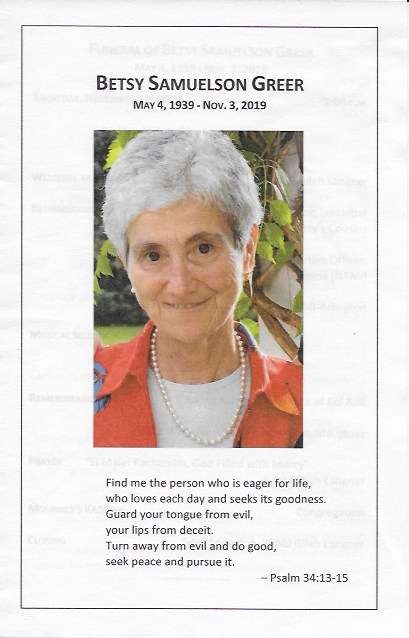
Courtesy of the National Council On Behavioral Health
(12-9-19) Terresa Humphries-Wadsworth took her 14-year old son to an emergency room in Cody, Wyoming, because he was expressing thoughts of suicide. The staff sent him to the closest hospital with a psychiatric unit.
It was a hundred miles away in Montana.
Her son spent 10 days there before Humprhries-Wadsworth learned the hospital was out-of-network for her insurance. The closest in in-network facility was 200 miles away from their home.
The family ended up with $110,000 in out-of pocket expenses for two inpatient visits and residential treatment. They negotiated the amount down with the hospital and a collections agency, then took out loans to pay it off.
The Humphries-Wadsworth’s story was recently told by Kaiser Health News writer Jenny Gold in an article about parity. She explained how Congress passed a law mandating insurers provide equal access for mental and physical health care eleven years ago, but barriers to parity continue today.
I posted a blog last week about “patient boarding” in emergency rooms. Many of you wrote on my Facebook page about long waits that you had encountered in emergency rooms. Today, I am asking readers to share their stories on Facebook about how their insurance companies failed to treat mental health emergencies the same way financially that they do with physical problems. I will share them with the Kennedy Forum and Congress.






